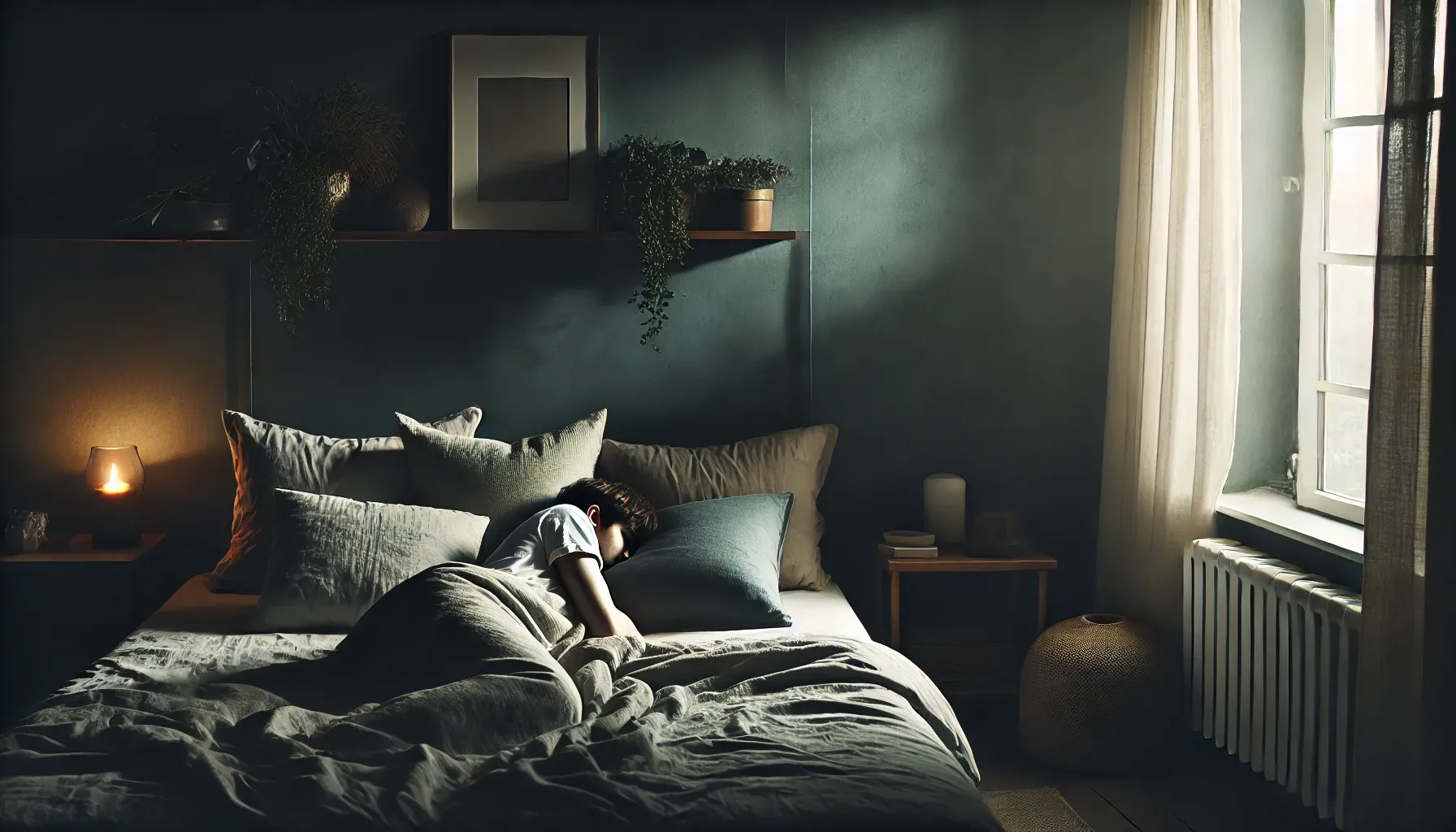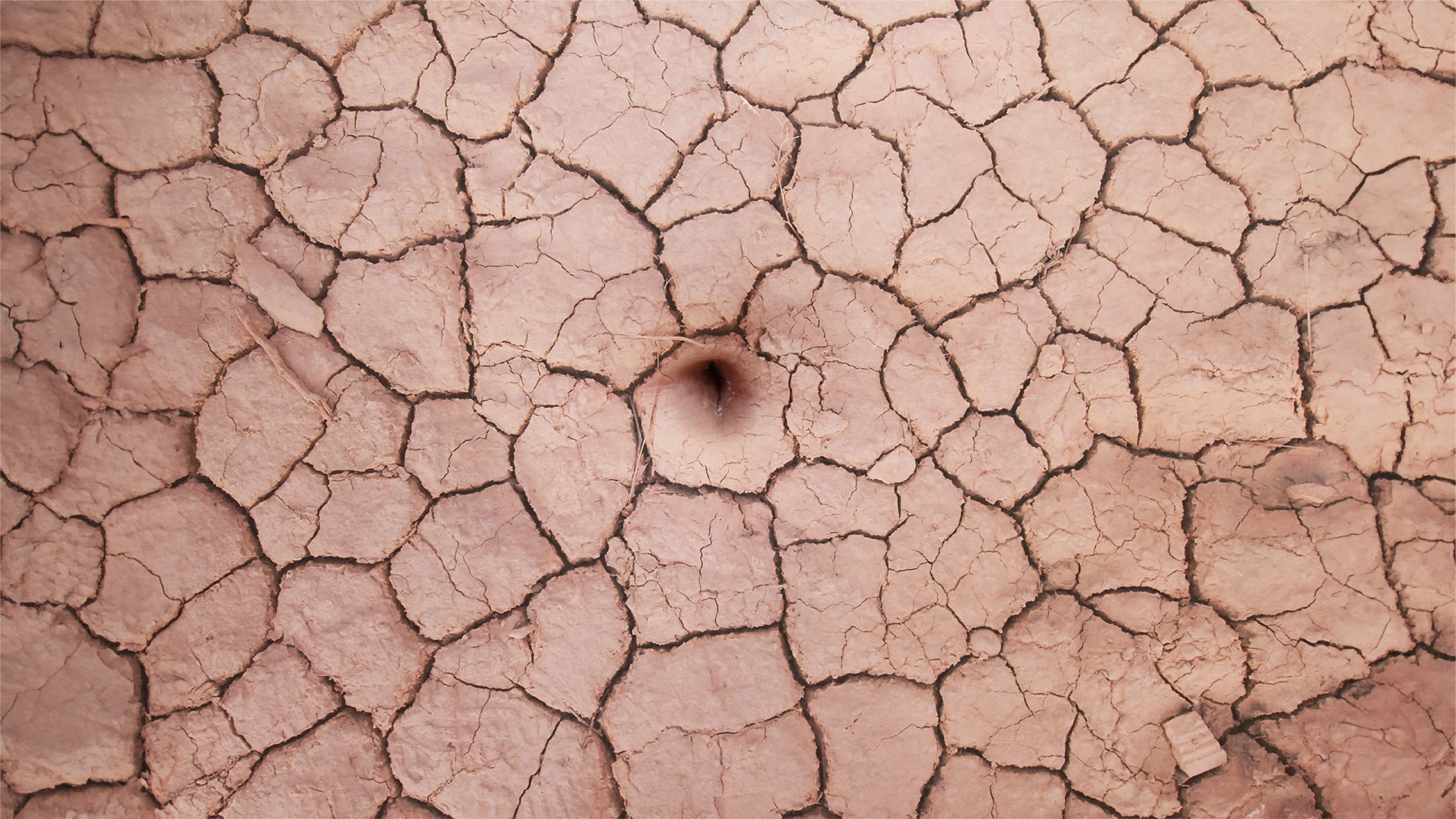How to Get Better Deep Sleep: 19 Tips for a Restful Night

Tired of waking up feeling like you hardly slept? Or lying awake for hours, hoping to drift off? We all need deep, restorative sleep to recharge. But it can be especially challenging when you're traveling for medical treatment.
If you're asking yourself how to get better deep sleep, we've got you covered! Here are 19 easy, practical tips to help you get the restful sleep you need. Let’s jump in!
1. Stick to a consistent sleep schedule
Think of your body like a clock. It loves routine! Going to bed and waking up at the same time every day (yes, even on weekends) helps regulate your body’s internal clock.
When you keep a regular sleep schedule, your body gets better at releasing melatonin, the hormone that helps you fall asleep.
The more consistent you are, the easier it is to fall into a deep sleep.
2. Unwind with a calming bedtime routine
Ever notice how you sleep better when you wind down before bed? A relaxing pre-sleep routine helps prepare your body for deep sleep.
A warm bath, a bit of reading, or some quiet music can signal to your brain, "Hey, it’s time to relax". This relaxation lowers stress hormones like cortisol, which can keep you awake.
Plus, winding down helps your body prepare for sleep naturally.
3. Invest in a cozy and supportive mattress and pillows
A great mattress and pillow are like the foundation for a good night’s sleep. If your bed feels like it’s a bit too firm or too soft, your body has to work harder to get comfortable.
Plus, a good mattress can improve your sleep quality by reducing back pain and helping your body align properly, allowing for deep, uninterrupted sleep.
4. Make your room as dark as possible
Even tiny amounts of light can interfere with deep sleep. And darkness helps your body produce melatonin, that promotes quality sleep.
So, make your bedroom as dark as possible. Use blackout curtains or an eye mask. This can make a huge difference.
5. Keep your bedroom cool for better sleep
Your body naturally cools down when you sleep, so a cooler room helps you fall into a deeper sleep faster.
Set your thermostat between 65-68°F (18-20°C) for a sleep-friendly environment. If it’s too warm, you’ll toss and turn all night.
6. Cut out caffeine after 2 p.m.
We all love our coffee, but caffeine can linger in your system for hours. And having coffee or tea in the afternoon can keep you up way later than you want.
It's because caffeine blocks a chemical called adenosine. This chemical promotes sleep and relaxation. But when it is blocked, you remain alert and awake.
To get quality rest, avoid caffeine at least 6 hours before bed.
7. Watch your alcohol intake before bed
A glass of wine to unwind? It might help you relax at first, but alcohol negatively affects your sleep.
It actually disrupts REM (Rapid Eye Movement) sleep, which is essential for your brain to process memories and emotions.
So, even if you're drowsy after a drink, your sleep won't be as restorative.
8. Stay active and exercise regularly
Exercise is like a sleep booster. Moving your body helps you feel more tired when it’s bedtime, making it easier to fall into a deep sleep.
Plus, it helps regulate circadian rhythms, reduces stress, and increases slow-wave sleep (SWS), which is the most restorative stage of sleep.
But try not to work out too close to bedtime—your body might be too energized to sleep.
9. Keep naps short and sweet
Naps are great! But if they’re too long or too late in the day, they can mess with your nighttime sleep.
A short 20-minute nap can help recharge you without affecting your deep sleep later. While longer naps can reduce the time you spend in deep sleep at night, making it harder to fall into those restorative sleep cycles.
Also, take a nap in the earlier part of the day. This way, you won’t be wide awake come bedtime.
10. Relax your mind and manage stress before bed
Stress is a sleep killer. If your mind is racing with worries or a long to-do list, you’ll have a hard time falling asleep.
Plus, when you're stressed, your body releases cortisol (stress hormone). This, in turn, interferes with sleep.
Before bed, try putting your thoughts on paper in a journal. You can also consider deep breathing exercises or meditation to relax your mind.
11. Unplug from screens one hour before sleep
That late-night scrolling? It’s messing with your sleep. Screens emit blue light, which disrupts melatonin and hinders sleep.
Try to unplug an hour before bed—yes, even if it’s tough! Use that time to unwind with a book or some soothing music instead.
12. Get outside and soak up some natural sunlight
Getting outside during the day can improve your sleep at night. This is because natural light helps regulate your body’s internal clock, which in turn promotes better sleep.
Plus, it can keep your circadian rhythm in check, making it easier to get better deep sleep.
13. Drown out distractions with white noise
If outside noise keeps you up, a white noise machine can work wonders.
It blocks distracting sounds like traffic or a snoring partner. As a result, creates a peaceful environment for deep sleep. Use a fan if you don’t have a white noise machine handy.
14. Eat a light dinner a few hours before bedtime
What you eat affects how you sleep. Eating a heavy meal right before bed can cause indigestion and discomfort.
A light meal a few hours before bed gives your body time to digest. This, in turn, helps you avoid that full feeling that can keep you tossing and turning.
Also, it keeps your blood sugar levels stable overnight, preventing those middle-of-the-night wake-ups.
15. Limit fluids to avoid late-night bathroom trips
Nothing ruins sleep faster than getting up multiple times to pee. It’s the worst! To avoid those late-night trips, limit how much you drink in the hour or two before bed.
Yes, staying hydrated is important. But cutting back at night means fewer interruptions and better chances of staying in deep sleep.
16. Try aromatherapy to relax your nerves
Scents like lavender, chamomile, and sandalwood can really help you unwind before bed.
You can use a diffuser or spray your pillow for a calming effect. These soothing smells can make it easier to relax and get a better deep sleep.
17. Try magnesium supplements for better rest
Magnesium is a muscle relaxant and makes it easier to fall asleep. Plus, it also plays a role in regulating melatonin.
If you struggle with sleep, magnesium might be worth trying. However, talk to your doctor to see if it’s right for you.
18. Don’t toss and turn
If you’re still awake after 20 minutes of lying in bed, get up and do something relaxing. Tossing and turning just adds to the frustration.
Try reading a book or doing some light stretching. Once you start to feel sleepy, go back to bed.
19. Ask for professional help if you need it
If you’ve tried everything and you’re still struggling to sleep, it might be time to ask for help.
At Quality Care Global (QCG), we connect you with top health professionals who can offer personalized advice.
Bottom line
Sleep is vital, and with a few simple changes, you can make it better. These tips will help you achieve deeper, more restful sleep.
Plus, consider a sleep diary. It might sound a bit old-school, but tracking when you sleep, what you eat, and how you feel the next day can reveal patterns that might be affecting your sleep.
This way, you can fine-tune your routine and take proactive steps toward better health and sleep.

